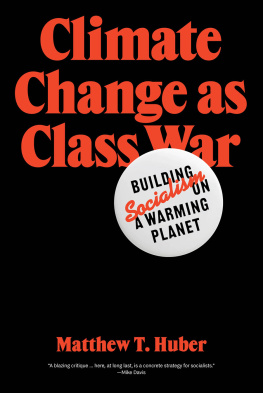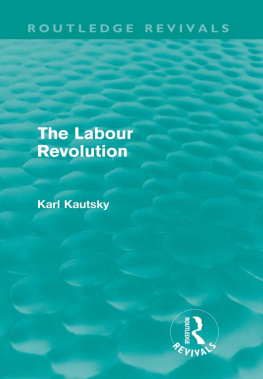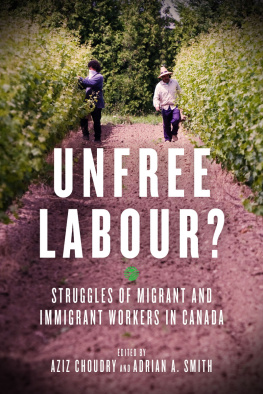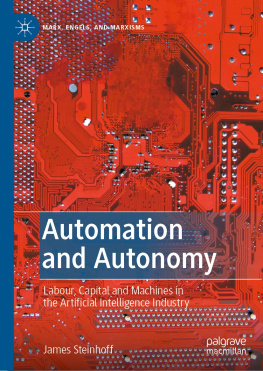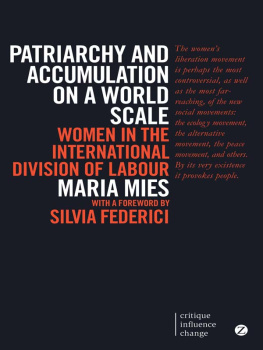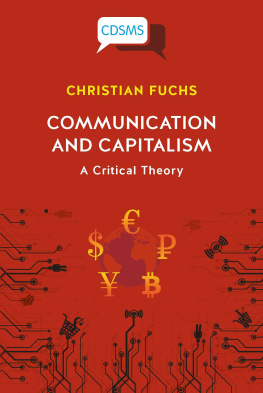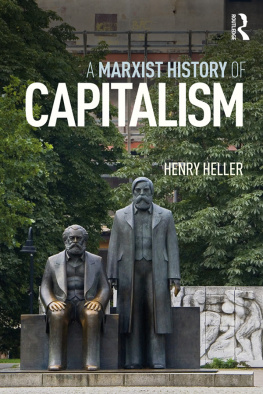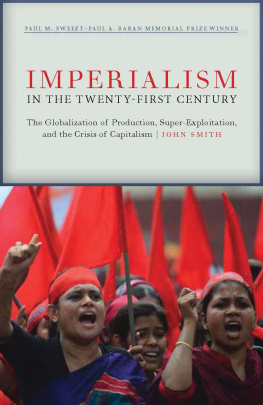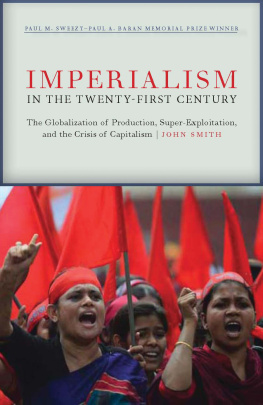What people are saying about
The End of Capitalism: The Thought of Henryk Grossman
Revealing the richness of the Marxist tradition, Reese provides an illuminating introduction into the life and thought of Henryk Grossman, connecting his many insights on the dynamics of capitalism, its contradictions, and its tendency to produce economic crises to present-day developments.
Asatar Bair, Associate Professor of Economics, Riverside City College, author of Prison Labor in the US: An Economic Analysis
The End of Capitalism could not be more urgent for socialists. In outlining the looming inevitability of capitalist breakdown, Reese makes a compelling case for Grossmans work to be considered required reading alongside Marxist giants like Engels, Lenin and Trotsky.
Stephen Radecki, The Swoletariat
The rescuing of Henryk Grossman from obscurity is indispensable for any attempt to understand and overcome the crises confronting us today. Reese has written an inspiring and electrifying book.
James Bell, Prolekult
Reese offers a fresh perspective on an underrated figure in the Marxist canon and shows how much fresher our perspectives could be if we gave Grossman the attention he has wrongly been denied.
Kali Koba, Desperate Times Blog
Reese navigates what could easily be a series of complicated economic theories with his typical aptitude, making them accessible to amateur economists and laymen alike. He clearly demonstrates the significant value of Grossmans contribution to Marxist economics. Indeed, Grossmans writings now seem stunningly prescient.
wielisc, The Next Left
The End of Capitalism: The Thought of Henryk Grossman
Also by the author
Socialism or Extinction: Climate, Automation and War in the Final Capitalist Breakdown
ISBN: 9798554968730
First published by Zero Books, 2022
Zero Books is an imprint of John Hunt Publishing Ltd., No. 3 East St., Alresford,
Hampshire SO24 9EE, UK
www.johnhuntpublishing.com
www.zero-books.net
For distributor details and how to order please visit the Ordering section on our website.
Text copyright: Ted Reese 2020
ISBN: 978 1 78904 773 8
978 1 78904 774 5 (ebook)
Library of Congress Control Number: 2021932925
All rights reserved. Except for brief quotations in critical articles or reviews, no part of this book may be reproduced in any manner without prior written permission from the publishers.
The rights of Ted Reese as author have been asserted in accordance with the Copyright, Designs and Patents Act 1988.
A CIP catalogue record for this book is available from the British Library.
Design: Stuart Davies
UK: Printed and bound by CPI Group (UK) Ltd, Croydon, CR0 4YY Printed in North America by CPI GPS partners
We operate a distinctive and ethical publishing philosophy in all areas of our business, from our global network of authors to production and worldwide distribution.
Contents
Guide
For their proofreading, constructive criticism, encouragement and support, my heartfelt thanks go to Maria Mudzanga, James Bell and especially Luke Beesley, whose comprehensive knowledge and occasional translations of Grossmans work have been invaluable.
My thanks also to the team at Zer0 Books/John Hunt Publishing, especially Ashley Frawley for taking interest in my first, little-known, self-published book, and suggesting this one; John Romans for his copy-editing; and Andrew Wells, Dominic James and Douglas Lain for patiently answering all my questions.
Henryk Grossman is a name most socialists or students of political and social theory, let alone the mass of working people around the world, have probably never heard of. Yet Grossman, a Polish Jew born in 1881, deserves recognition as the most sophisticated proponent since Karl Marx of a devastating claim about the nature of our social world. For, if Grossmans neglected but brilliant insight into economics is correct, then capitalism the social system that has dominated life all over the globe for the past few centuries may well be entering what he called its final breakdown.
The claim that capitalism is unsustainable has been ridiculed since the collapse of the Soviet Union in 1991. Capitalists declared the end of history their system had proven to be the stronger and would go on uncontested until the heat death of the universe. The same view dominated after the 1883 death of Marx, whose three-volume masterpiece Capital exposed capitalism as a crisis-ridden and historically transient economic system (mode of production).
For the next half century even Marxs self-proclaimed successors either declared capitalism to be crisis-free and inexhaustible, or formulated flawed theories of crisis and collapse that did not support their own claims. Against the grain, Grossman dedicated himself to restoring the basis of scientific socialism. In 1929 he illuminated Marxs insights with a rare clarity and wit in his own great work, The Law of Accumulation and Breakdown of the Capitalist System, published in 1929.
The book received an almost universally hostile reception. Attacked by both reformist social democrats and revolutionary communists, Grossman stood accused of promoting a mechanical or automatic theory of socialisms inevitable victory over capitalism that underplayed the importance of class struggle. Neither allegation is substantiated. Grossman not only gave the most thorough account of capitalisms ability to rejuvenate but re-established the indissoluble link between economic dynamics and class struggle. In doing so he complemented and supplemented the revolutionary politics of Marxism already recovered by Vladimir Lenin, the leader of the 1917 Russian Revolution. Far from a soulless prophecy of capitalisms automatic collapse into socialism, Grossman sought to interrogate the conditions under which we (as people, classes, social groups) make our own history, with a specific emphasis on the conditions which are not of any of our choosing.
To say that the communist movement of his time under-appreciated Grossman is to put things mildly, yet his work remains largely neglected in contemporary discussions of Marxist theory. Recent efforts to assert the importance of Grossmans thought cuts against academic reluctance to engage with capitalism as a structure of the world rather than of thought; and against the belief of many left-wing activists that capitalism should be mended, not ended. Most notably, Australian Marxist Rick Kuhns remarkable biography of Grossman and ongoing translation of his collected works from Polish, Yiddish and German foreground Grossman as the most insightful Marxist economist of the twentieth century.
Before Kuhns work, only an abridged version of The Law of Accumulation had been translated into English, and not until 1992. This book seeks to contribute to the project of recovering Grossmans insights for a new generation of socialists and revolutionaries by introducing the central tenets of Grossmans thought and applying them to the present quite possibly, final capitalist crisis.
While the following chapters put forth Grossmans most important interventions in the realm of both economics and politics, a brief discussion here of his breakdown theory, in relation to the current crisis, will help orientate the reader towards his central concerns.


